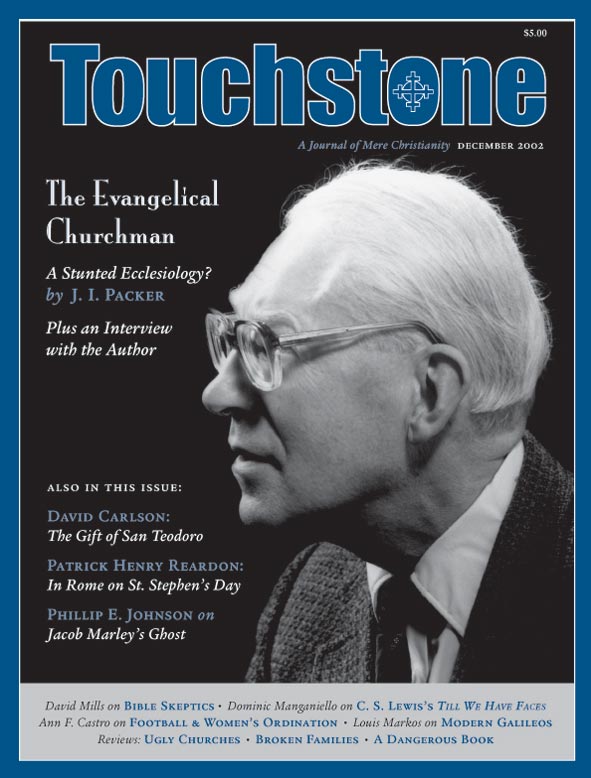How Much Does It Cost?
When I was in law school, I took a federal income taxation class. An adage my professor quoted has stayed with me: “No man is required to arrange his affairs so as to pay the largest possible amount of tax.” Of course, the principle he was really suggesting was that every man naturally will go to great lengths to see that he pays the lowest tax possible, short of risking prosecution. I have often used that adage as an example of how lawyers are trained to think, especially when a legal obligation is perceived as arbitrary, not linked to any compelling personal motivation. In such cases it is rational to want to know precisely what the obligation is so we can comply in a formal sense while minimizing the accompanying pain or cost.
There is a marvelous example of “lawyer-think” in Luke 10. A legal expert asked Jesus what he must do to inherit eternal life. Jesus responded by asking, “What is written in the law?” The man correctly replied by stating the two great commandments. Faced with the open-ended obligation to love his neighbor as himself, however, and seeking to justify his own life, the lawyer asked Jesus, “Who is my neighbor?” The question seems perfectly reasonable from our worldly point of view, even if we haven’t been to law school. The commandment doesn’t seem realistic unless we strictly limit the category of neighbor.
In response, Jesus tells the Parable of the Good Samaritan. Everyone agrees that the parable is sublime, but how does it answer the lawyer’s question? It answers the question by saying that the lawyer has asked the wrong question. One does not inherit eternal life by following rules. Rules always invite the question, What is the cheapest way of complying or seeming to comply? To ask that is to miss the point of Jesus’ teaching. The Samaritan does not have to ask how to inherit eternal life because he already has it. The parable invites the better question, How can I be at least in some way like that? The answer to that question might have been, “You must change the habits of your heart.” A man whose attention is fixed on that possibility will probably tumble into eternal life without having to worry about how to inherit it.
THIS ARTICLE ONLY AVAILABLE TO SUBSCRIBERS.
FOR QUICK ACCESS:
Phillip E. Johnson is Professor of Law (emeritus) at the University of California at Berkeley. He is the author of Darwin on Trial, The Wedge of Truth, The Right Questions (InterVarsity Press), and other books challenging the naturalistic assumptions that dominate modern culture. He is a contributing editor of Touchstone.
bulk subscriptions
Order Touchstone subscriptions in bulk and save $10 per sub! Each subscription includes 6 issues of Touchstone plus full online access to touchstonemag.com—including archives, videos, and pdf downloads of recent issues for only $29.95 each! Great for churches or study groups.
Transactions will be processed on a secure server.
more from the online archives
calling all readers
Please Donate
"There are magazines worth reading but few worth saving . . . Touchstone is just such a magazine."
—Alice von Hildebrand
"Here we do not concede one square millimeter of territory to falsehood, folly, contemporary sentimentality, or fashion. We speak the truth, and let God be our judge. . . . Touchstone is the one committedly Christian conservative journal."
—Anthony Esolen, Touchstone senior editor











